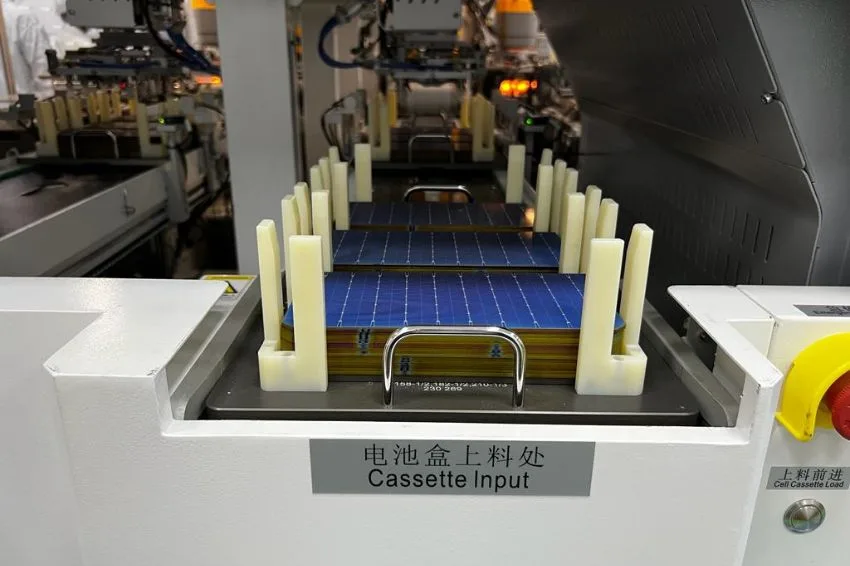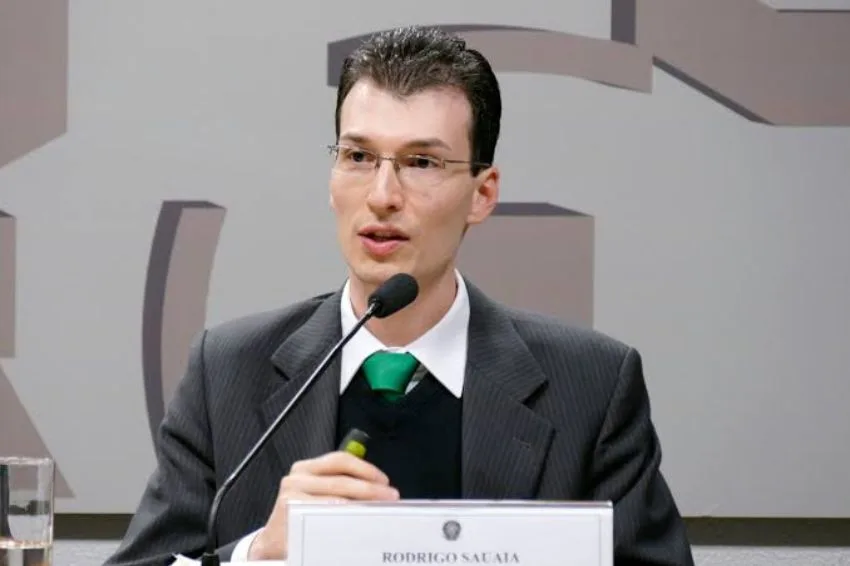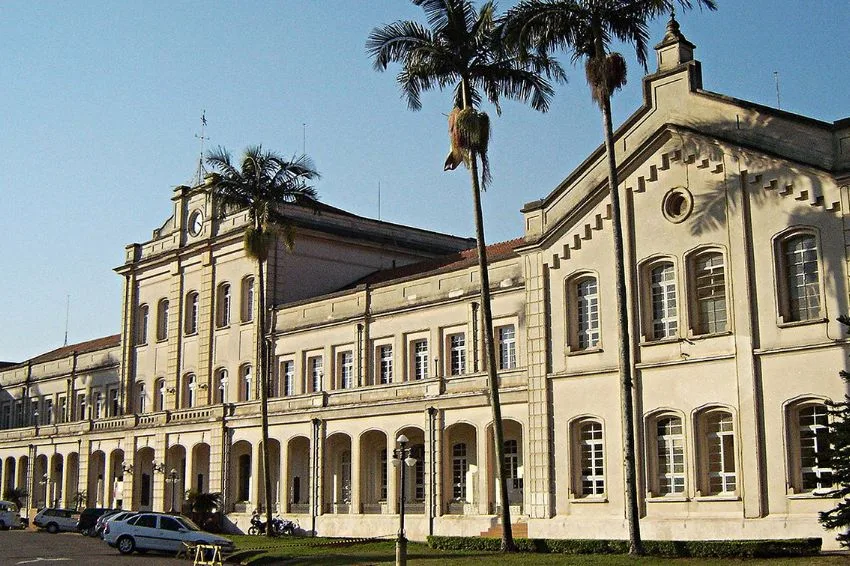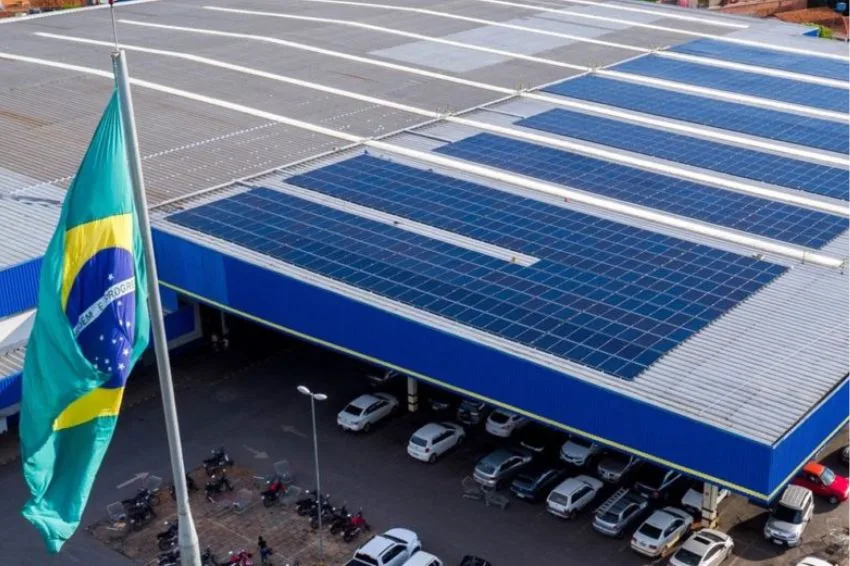A Brazil's new industrial policy, launched this Tuesday (22), with guidelines for the period from 2024 to 2026 and which includes a series of goals to be achieved by the country by 2033, contains in its content some important topics for the solar energy sector.
In an interview with Solar Channel, Adalberto Maluf, secretary of MMA (Ministry of Environment and Climate Change), highlights the main points that encompass the photovoltaic sector in the new policy national, which has the main objective of resuming the role of public authorities as a tool for industry development.
According to the secretary, the initiative has great focus on promoting renewable energy and promoting the bioeconomy. Within this structure, one of the first programs is the creation of a national cyberinfrastructure, funded with resources from the FNDCT (National Fund for Science and Technology Development).
In total, there will be more than R$ 335 million so that Brazilian companies can expand technological dominance in renewable production chain, with a special focus on solar, thermosolar and wind energy.
“We also have some programs within the energy transition mission, the first of which is Amazon Energies, which focuses on decarbonizing isolated systems, in which the majority of this generation is made using diesel,” he said.
“So, decarbonization would come by making isolated solar systems with hybrid systems, especially associated with storage, which is one of the areas that the Government believes has enormous potential for growth”, highlighted the secretary.
Another novelty he emphasized was in relation to the PADIS (Support Program for Technological Development of the Semiconductor Industry). Maluf explains that the program was expanded to inclusion of new semiconductor components and devices.

“This is a very old demand from the entire industry to resolve some of the distortion that existed. Whoever mattered directly had REIDI and didn't pay PIS/COFINS, since those who manufactured locally purchased some of these inputs with PIS/COFINS (…) An additional 2.1 billion is expected for tax waivers that will be made within the program”, highlighted the secretary.
The professional also commented during the interview that the Brazil also extended the term of these incentives to December 2026 and also other direct and indirect actions to attract investments in the manufacturing of chips, projects, raw materials and inputs.
“This is one of the areas that the Government intends to focus on and the main goal is to bring the production of (photovoltaic) cells here. So, today several areas of the Government are together trying to make this possible”, he guaranteed.
Another item within the public contracting axis mentioned by Maluf was the Government's initiative to place the solar energy in the Minha Casa Minha Vida works, a measure approved by deputies and senators last year with the Law 14,620/23.
“The Government estimates that the country can have at least 2 GW of solar energy in Minha Casa Minha Vida alone. And, for the first time, it requires local content and a margin of preference also in purchases that are located within the PAC (Growth Acceleration Program)”, he commented.
Finally, another area that involves the solar energy cited by the secretary is the research development and financing, with non-refundable lines. In other words, financial resources granted without the requirement of a future return.
This type of financing is granted to national scientific and technological institutions, public or private, non-profit, for the execution of scientific and technological development projects, research infrastructure, as well as human resources training.
The mechanisms and criteria for evaluation, qualification and selection of projects are defined by Finep (Financier of Studies and Projects), according to guidelines and strategic themes defined in the deliberation bodies related to the origin of resources and having as parameters the plans and policies of the Federal Government .
Projects can be carried out by institutions alone, in groups or in cooperation with companies. “We will have non-refundable resources for the development of renewable components and equipment with a focus on solar, wind and hydrogen”, concluded Maluf.
New industrial policy
The new industrial policy launched this week is specifically aimed at six areas: agroindustry; bioeconomy; health industrial complex; infrastructure, sanitation, housing and mobility; digital transformation; and defense technology.
The proposal was created over the last semester by the CNDI (National Council for Industrial Development), made up of members from 23 ministries and 50 representatives from productive sectors.
During the presentation of the new plan, it was also informed that R$ 300 billion in financing will be made available until the year 2026 and that the The amount will be managed, above all, by BNDES (National Bank for Economic and Social Development).
All content on Canal Solar is protected by copyright law, and partial or total reproduction of this site in any medium is expressly prohibited. If you are interested in collaborating or reusing part of our material, we ask that you contact us via email: [email protected].
















